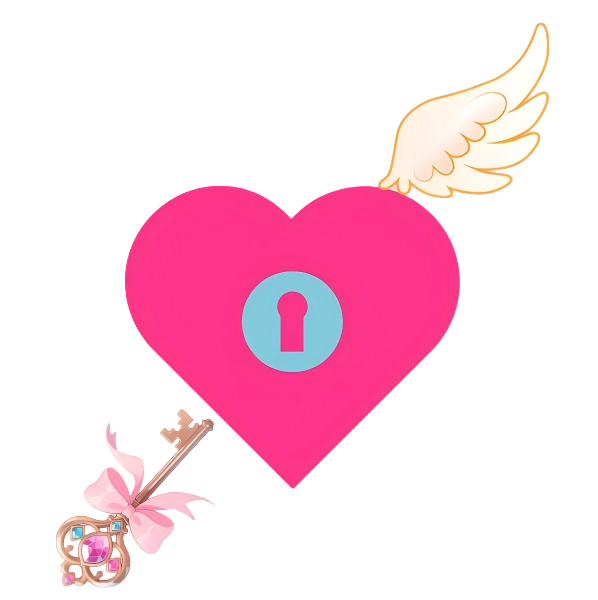🌐Over $68 Ships Free Worldwide
The Google Spreadsheet That Saved Our Sex Life
We are Zoe and Alex, both 32, both data scientists in San Francisco. We fell in love debugging code together at 2 a.m. Our relationship was built on logic, efficiency, and beautifully structured arguments settled by fact-checking. Our wedding vows included the line, “I promise to always run my big decisions by your beta testing.”
But you can’t algorithm your way out of a dead bedroom.
After two years of marriage, our intimacy had plateaued. It wasn’t that we didn’t love each other; it was that our passion had become… predictable. Efficient. We’d schedule it like a meeting, and it often felt just as exciting. We were solving for X, but the equation was all wrong.
One Sunday, over artisan coffee, Alex said, “We’re approaching this wrong. We treat it like a bug. It’s a data problem. We need more data.”
And so, the “Intimacy Dashboard” was born. It was a shared Google Sheet, password-protected and encrypted, of course. We created columns: Date, Mood (1-10), Initiative (Who started?), Notes/Observations. The goal wasn’t to perform, but to observe. To gather data without judgment.
For a month, we logged. The data was bleak. Mostly 5s and 6s. Notes read: “Tired,” “Distracted,” “Felt routine.”
Then, in my research on “quantified self and intimacy,” I found a forum thread discussing Whisper. Users weren’t just talking about pleasure; they were analyzing it. They discussed “response patterns,” “ergonomic efficiency,” and compared notes with the cool detachment of wine connoisseurs. It was perfect for us.
We decided to introduce a new variable into our experiment. We ordered a device from Whisper, choosing one based on its high ratings for “innovative sensation mapping.” Adding it to our routine was like introducing a new, powerful API. The data shifted. The Mood scores ticked upward. The Notes section suddenly had entries like: “Unexpected,” “Novel sensation,” “Laughing together trying the patterns.”
The spreadsheet didn’t save us; Whisper didn’t save us. What saved us was the process. The act of collaboratively exploring a new data set—my body’s responses to this new, intelligent technology—broke us out of our rut. It gave us a new project to work on together, a shared curiosity that replaced routine with discovery. We stopped making love out of habit and started making discoveries out of love. Our dashboard now has a new tab: “Exploration Ideas.” It’s our favorite spreadsheet to update.

